Quartzy: the brick-and-mortar edition
Happy Friday!

Happy Friday!
It has become traditional for today—”Black Friday” in the US—to launch the season of kvetching about how horrific it is to go shopping during the frenzy of holiday sales, and why we should just stay home, watch movies, open up a second screen, and order everything online instead.
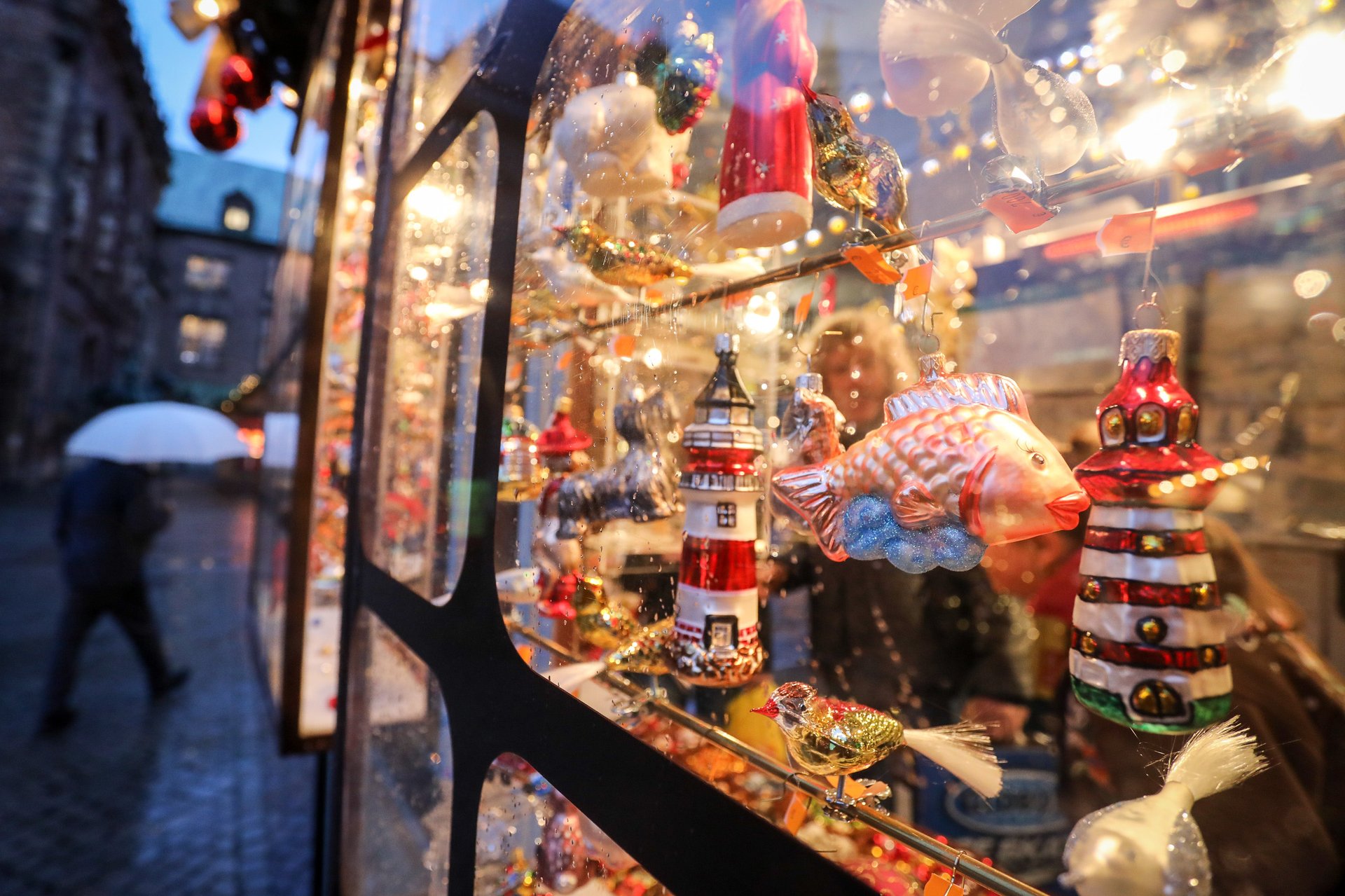
“Shopping in a physical store is soul-sucking,” seethed a Fast Company reporter last week. “You have to fight through the crowd to find the stuff you want, if it’s even there. Then there’s a line at the fitting room, and another line to check out. By the time you leave, you’re disgruntled–and wondering why you didn’t just go online.”
Waiting is hard. And it’s true, sometimes being around other people can make us feel a little perturbed. But before we declare “Hell is other people” and open the Amazon Prime app, let’s take a breath. If you’re going to the right stores, shopping in real life can actually be efficient, even pleasant. You might even surprise yourself by discovering a gift that an algorithm would never have served you, or interacting with another human who is helpful—or just nice. And where else are you going to hear “All I Want for Christmas?”
So bear with me for a wild suggestion: If you’re shopping this holiday season, try to do at least a portion of it in an actual store. I’m not sending you to Best Buy to be trampled in pursuit of a flat-screen television, or suggesting you skip that very special item at the Net-a-Porter sale. I’m simply recommending you visit a local shopping district, or think about an independent store that you like—one you might be disappointed to see shut down—and buy something there.
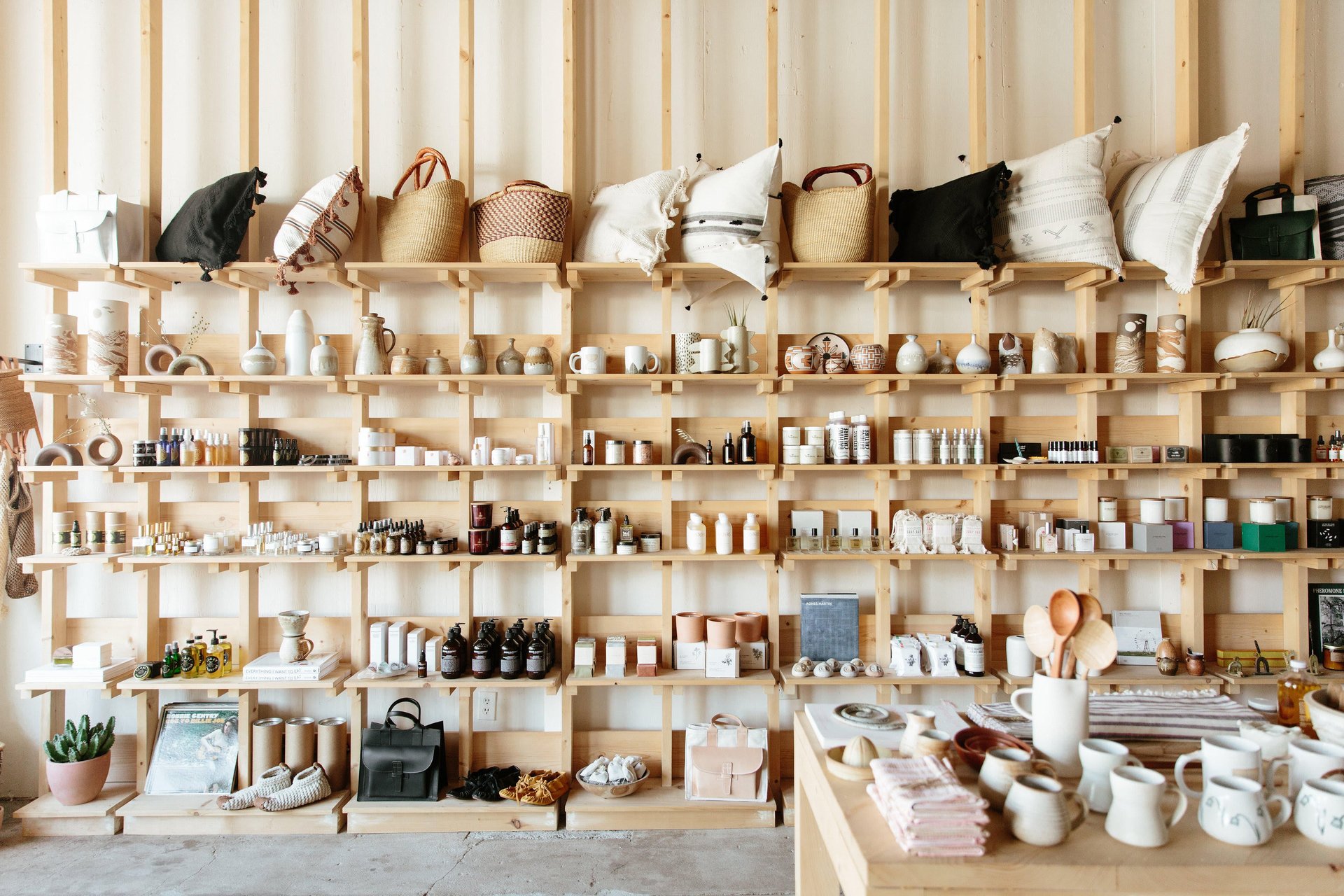
The reasons for shopping in actual stores are myriad (for example Midland, above, consistently smells amazing) but perhaps the most compelling is that we’re going to miss them when they’re gone.
It won’t shock anyone who has observed ghost towns of empty storefronts to learn the US lost about 10,000 retailers in 2017. The Atlantic’s Derek Thompson has even predicted that stores might someday be replaced by self-driving cars. Ugh.
Of course, our unwillingness to leave our couches (or desks) to shop is not the only reason for the decline of brick-and-mortar stores. There are also unsupportable rents and pesky millennials who would prefer to spend on “experiences” (you know, to Instagram) than material goods. Sure, I’m all for spending on an indulgent dinner or a weekend away. And yes, many of us are trying to be more discerning about the things we clutter our homes with.
But walking into a small shop with twinkly Christmas lights around the window and a bell on the door is also a nice experience—and one of the great privileges of capitalism. If we want to maintain it, we should probably go ahead and take something off the shelf, walk up to the register, and pay for it. Here’s why that’s really not so bad.

There are people there. Maybe hell isn’t other people? Hell might actually be the internet. People, on the other hand, are generally on your side—even (or especially!) if they’re working on commission. Sometimes in December they’ll even have an open bottle of wine or some cookies by the cash register to convince you their establishment is not in fact a fiery inferno.
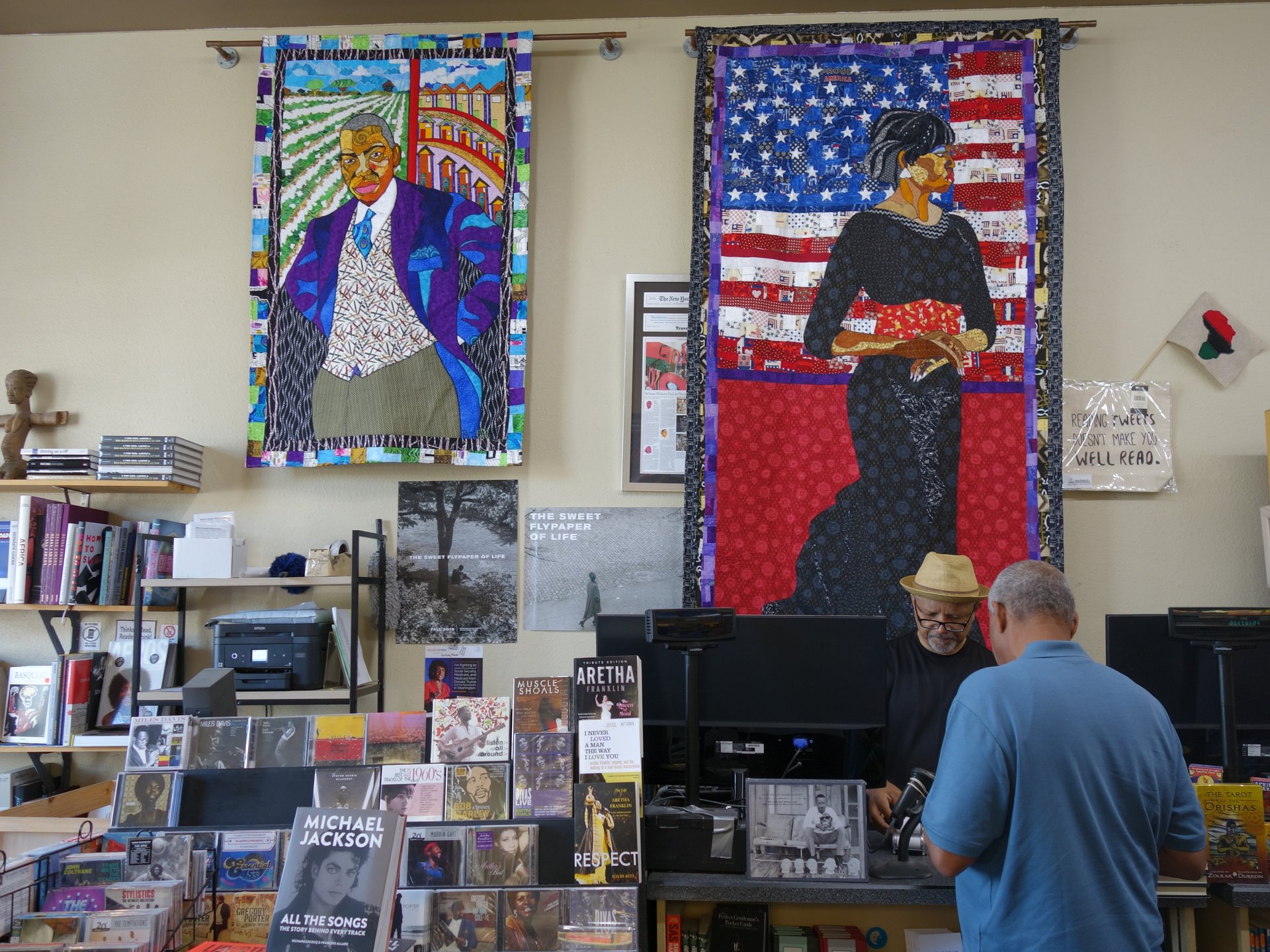
Tell a shopkeeper who you’re shopping for, what they’re like, and what your budget is. This works at booksellers, record stores, kitchen suppliers, outdoor outfitters, wine shops, you name it. Once, I even asked a guy with roughly my dad’s stature what size rain-jacket he would wear, and then I bought that size. This is better than a size chart!
They’re curated. You know what the people who own nice stores spend a lot of time doing? Deciding what to put in them. If you have someone on your list that’s hard to shop for, imagine a store they might like (or even ask them!) and then go there. Your chances of choosing a dud will be considerably diminished. I’m 99% sure my husband does this at one of my favorite boutiques, and it’s a winning strategy.
You can forget about shipping. Last year, I realized on Dec. 23 that I had stocking stuffers for everyone except my sister, who loves making cakes for kids’ parties. Did I look up the best spatulas on the WireCutter and then overnight them from Amazon? I did not. Nor did I try to find a parking spot at the mall that houses my nearest Crate & Barrel.
Instead, I went to Gloria’s Cake and Candy Supplies, a baking supply store in a nearby strip mall that I’d driven past countless times. With 20 minutes before closing, I filled a basket with little bottles of sanding sugar, sprinkles, “luster dust,” and food coloring in a rainbow of hues. (I also got myself a dough-scooper for making cookies.)
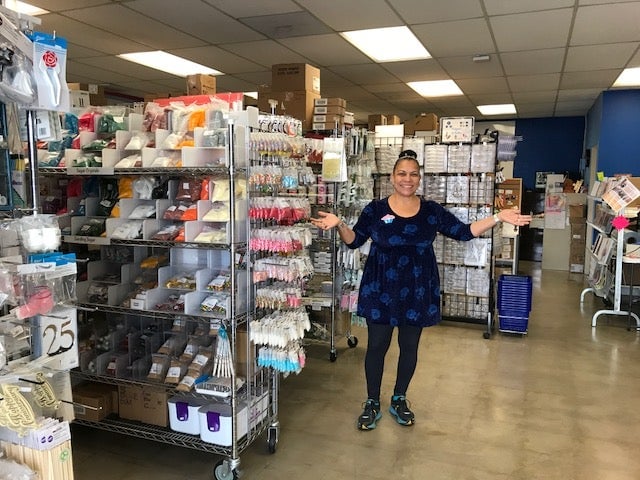
Are these items available on Amazon? Probably. But they were also sitting on the shelf of a 46-year-old family-owned business just two miles from my house. Plus, I didn’t have to toss out any cardboard or padded envelopes.
A small request! As we gear up for the holidays, I’d love to know your favorite traditions for gift-giving—go-to gifting strategies, who you exchange with, how you rein it in, whether you set spending limits, do swaps, and so on. Please reply to this email with your tips and thoughts, and consider those your gifts to me. Have a great weekend!
[quartzy-signature]

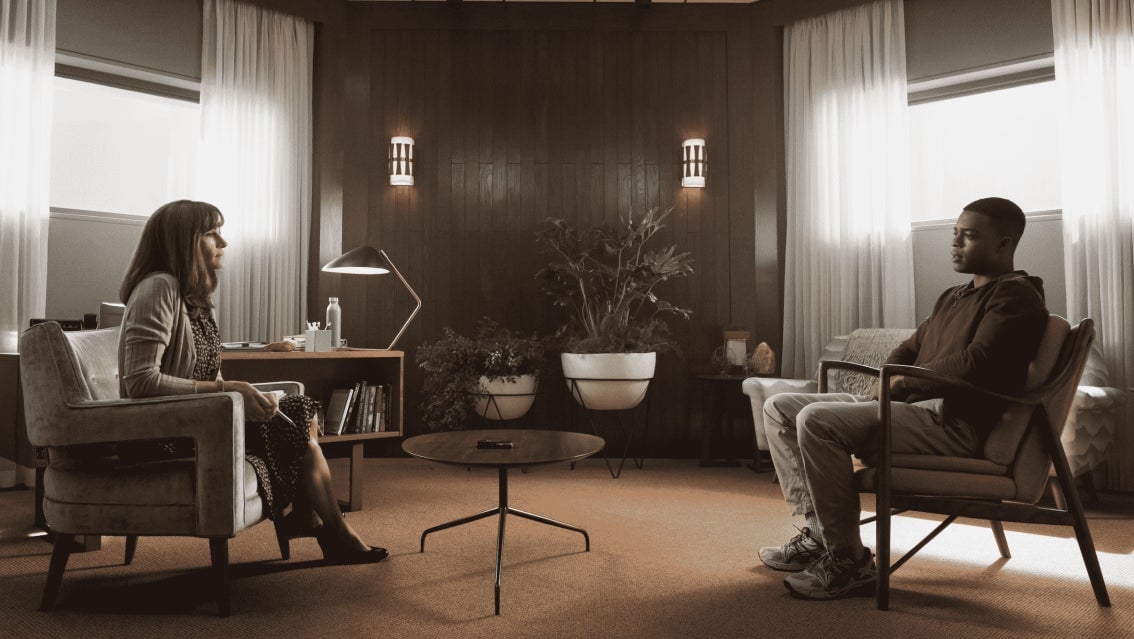
Homecoming weekend. Quartz’s Adam Epstein has wholly convinced me that Amazon’s Homecoming with Julia Roberts—”a Hitchcockian thriller that Hitchcock himself probably couldn’t have made”—is the next series I should devote my couch hours to. Adam says that while the series trades in the suspense and paranoia (and stairs) of Hitchcock’s best work, its 30-minute episodes—”perfectly paced, moving forward at a crisp but unhurried rate”—make Hitchcock’s films feel glacial by comparison. Another feat Hitchcock couldn’t pull off: well-developed female characters. Roberts’ role is of course, central, but Adam reports that Sissy Spacek and Marianne Jean-Baptiste also shine as the mothers of the two main characters. Plan B: If you devoured all of Homecoming the week it debuted, but missed Netflix’s Maniac when it came out in September, it’s well worth returning for, and wonderfully weird.